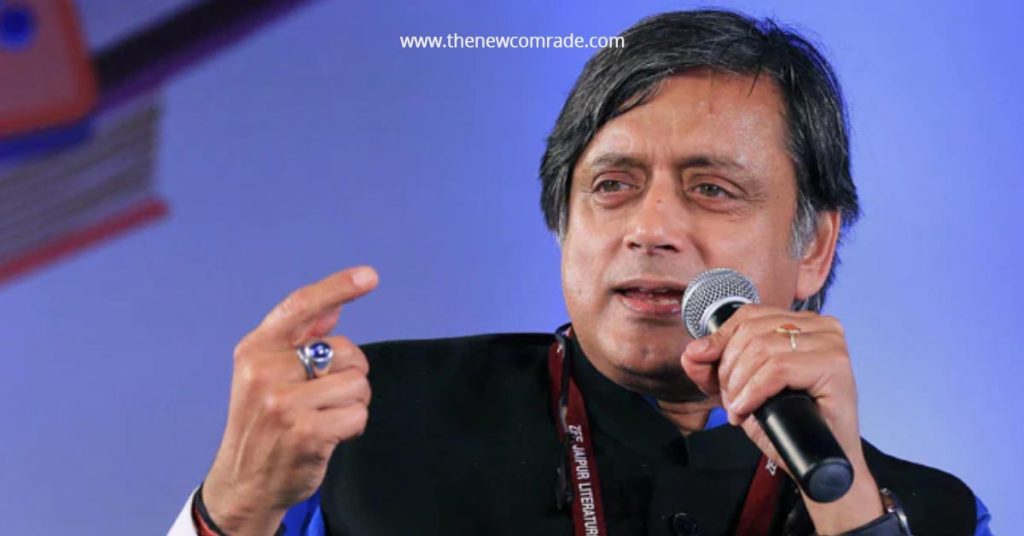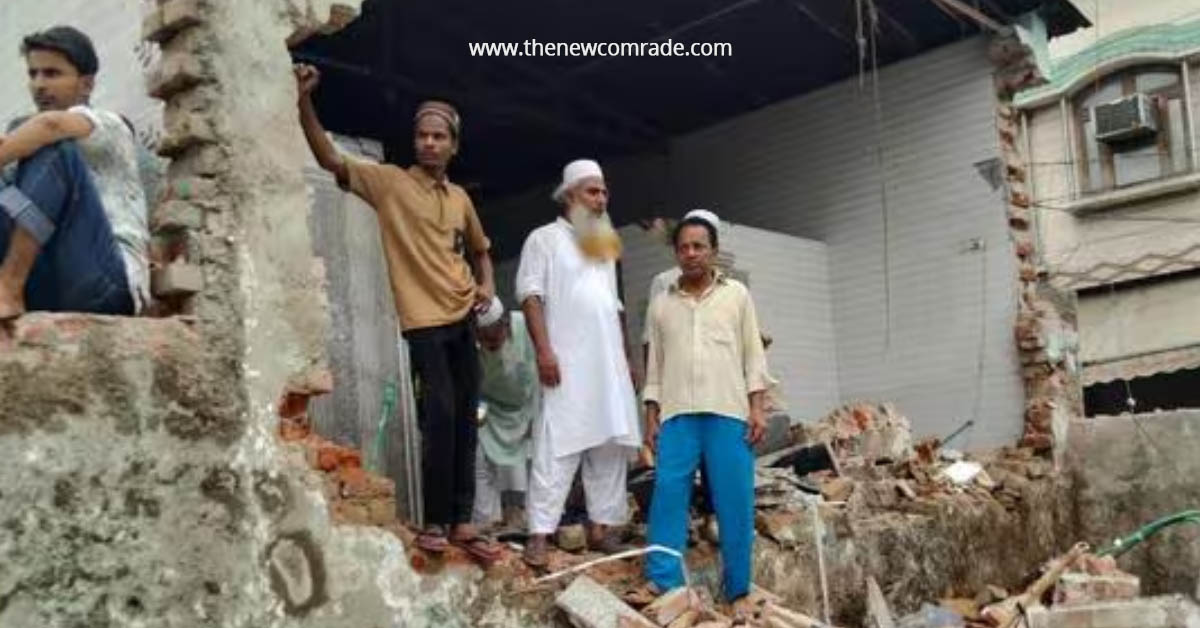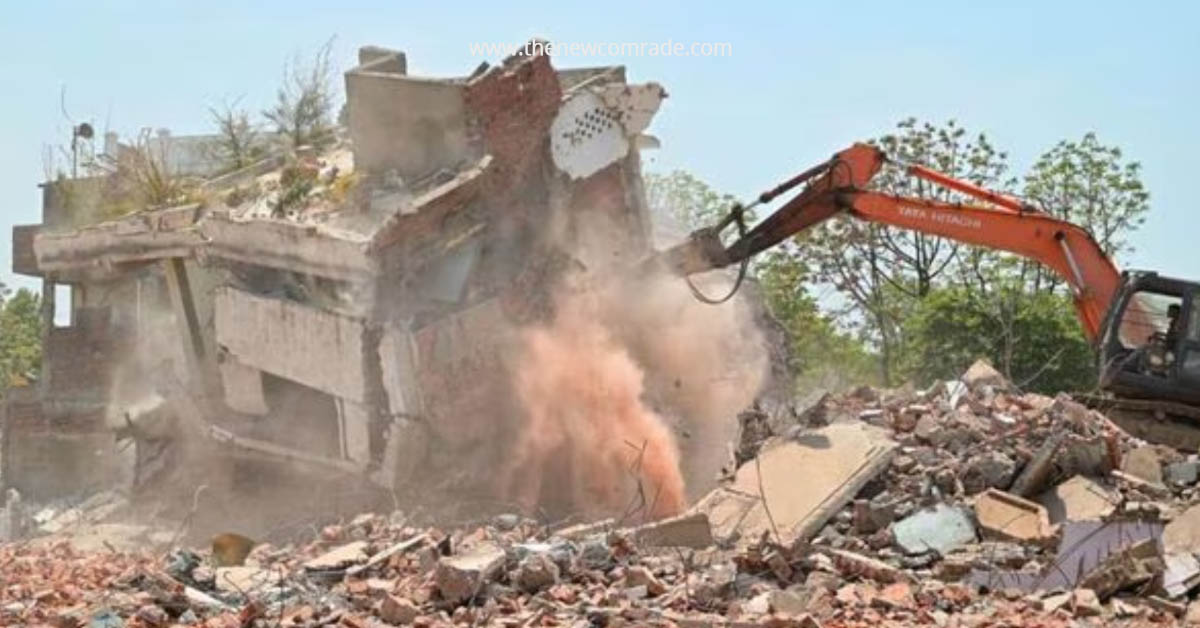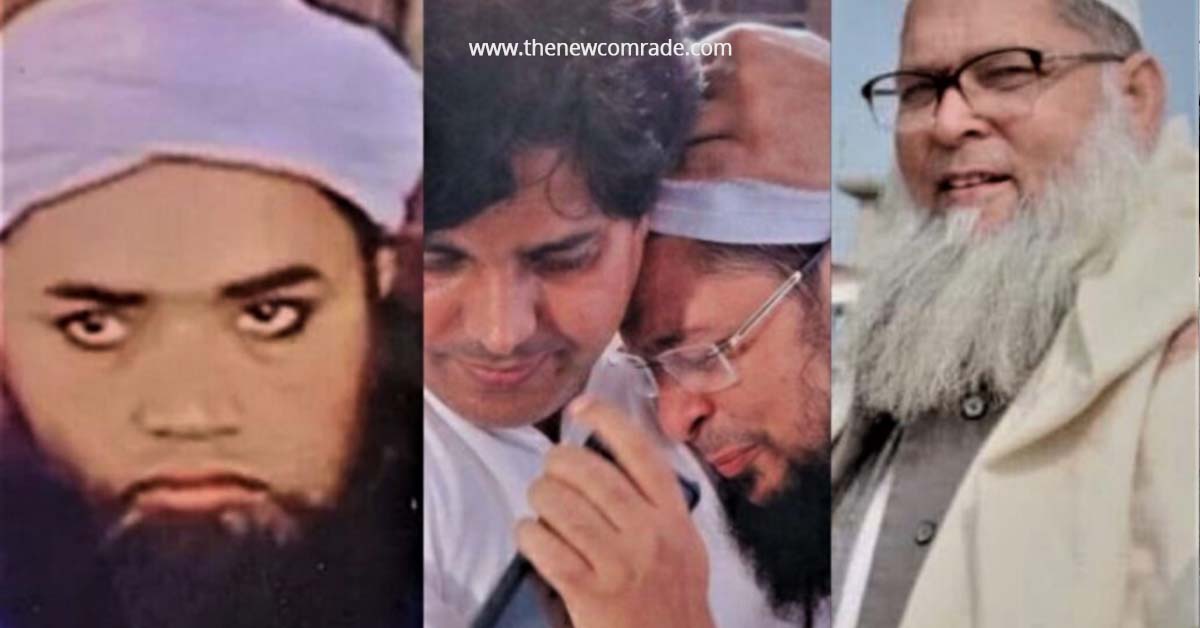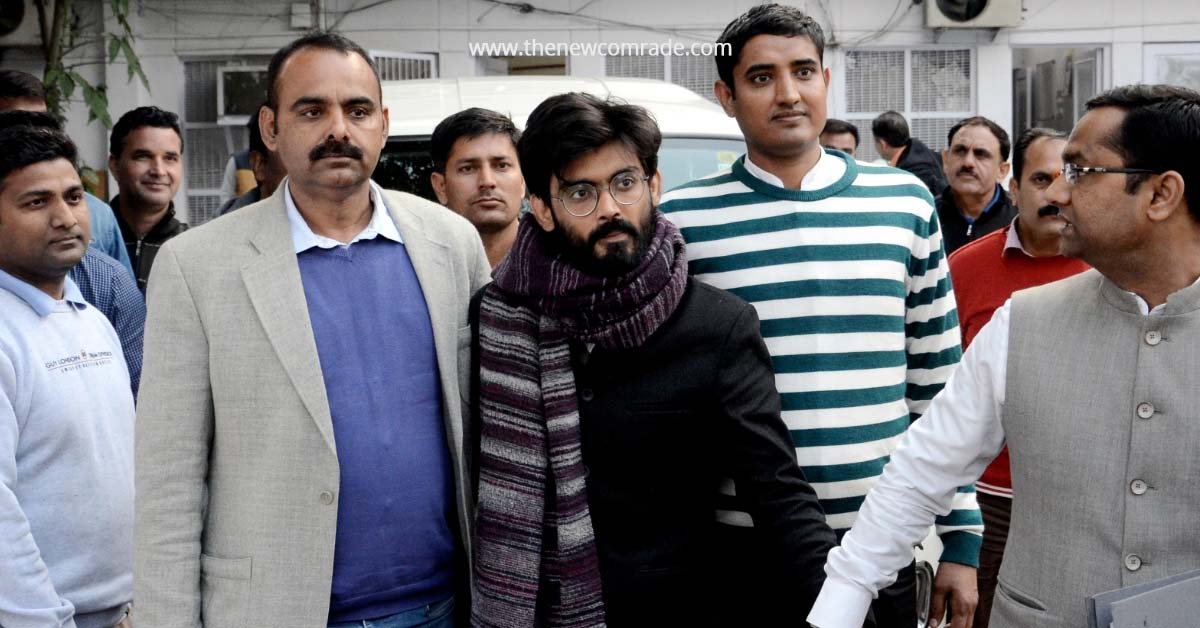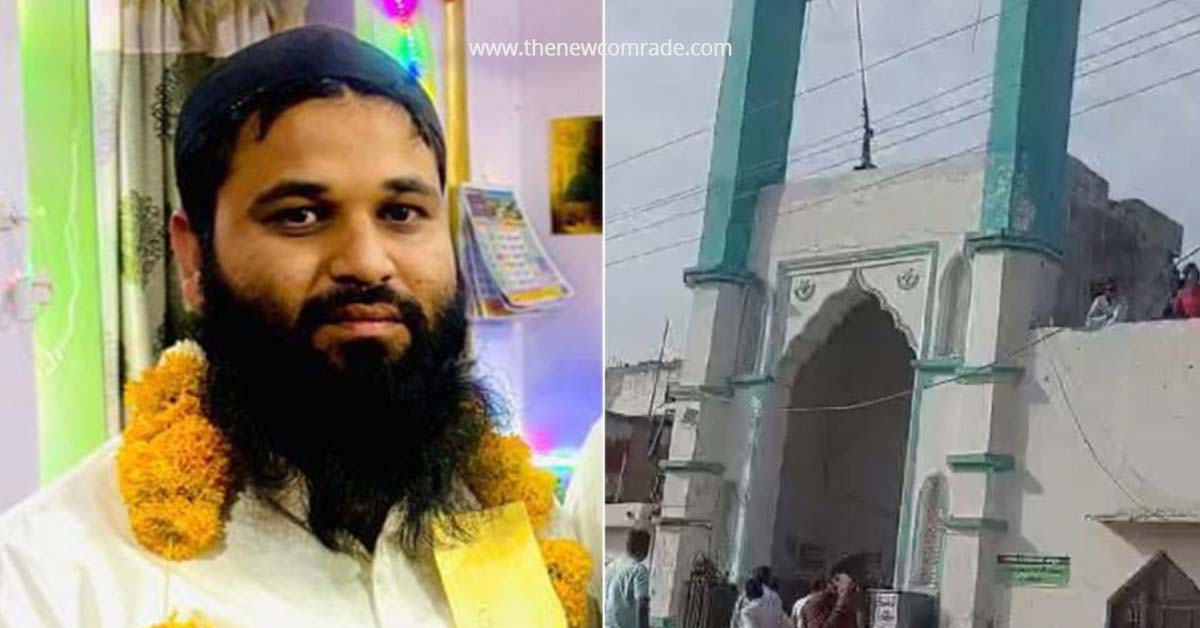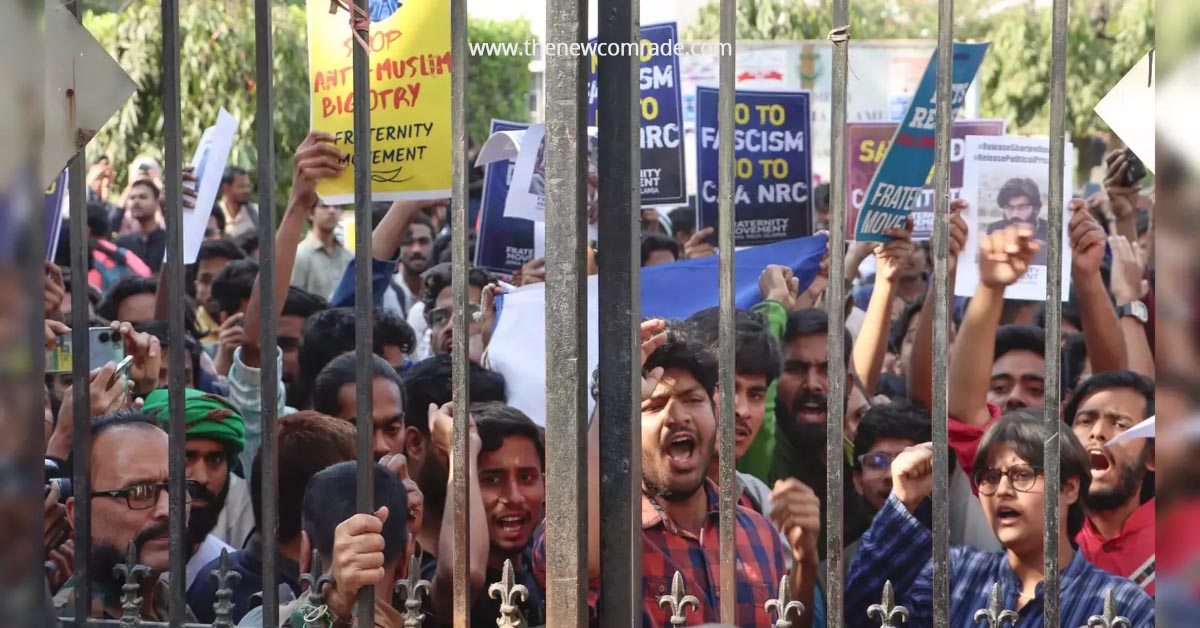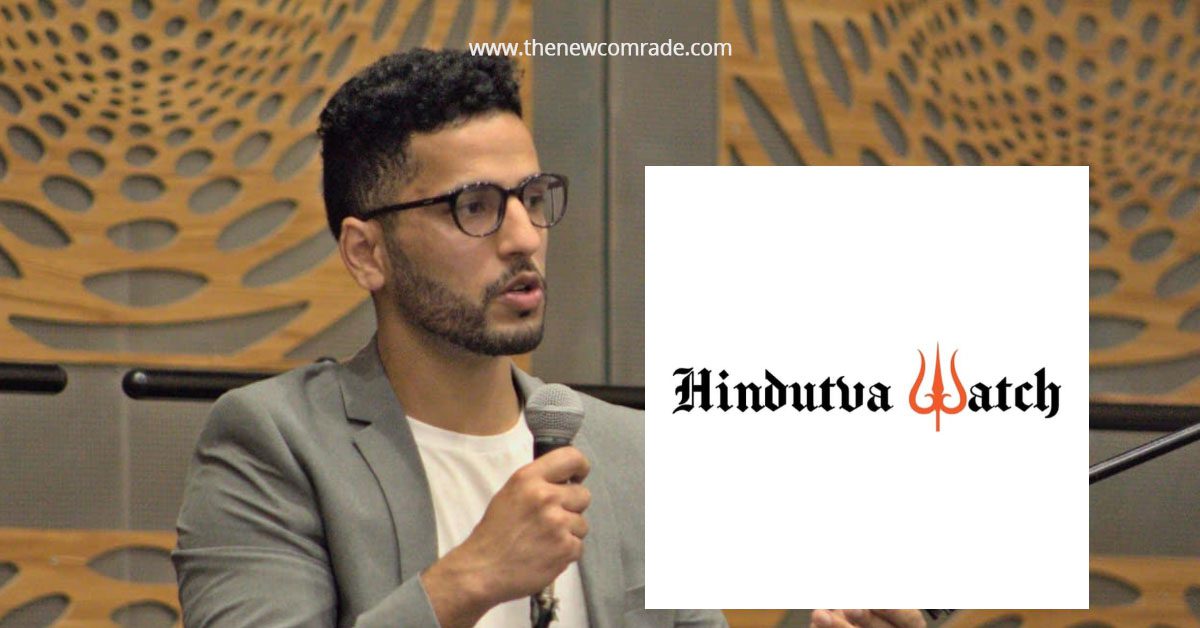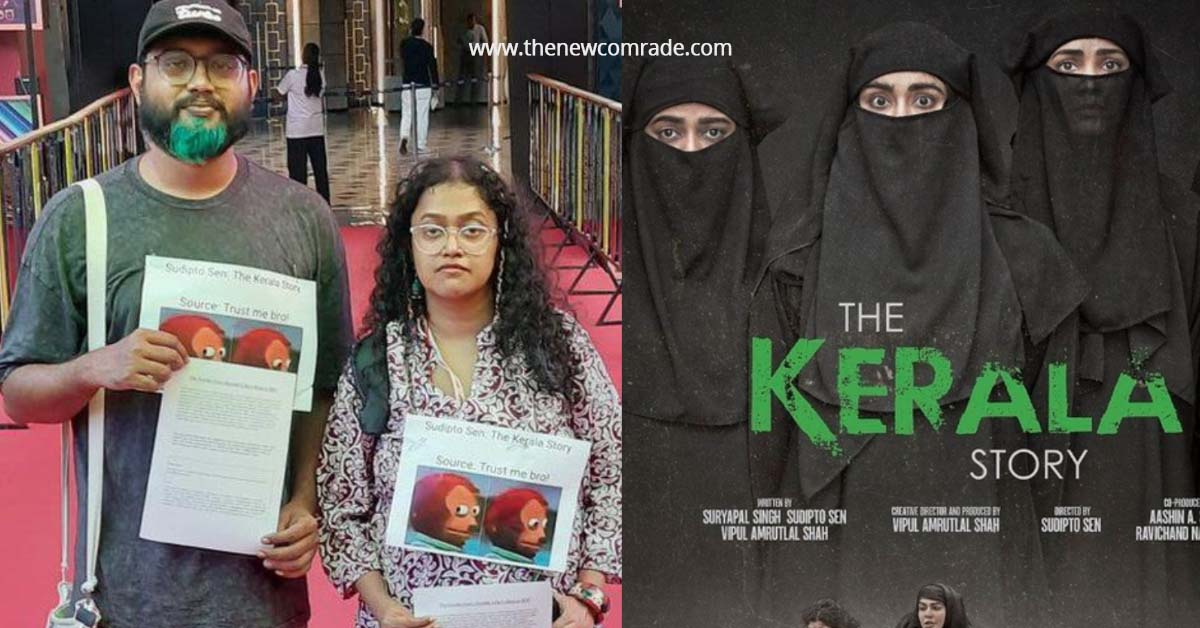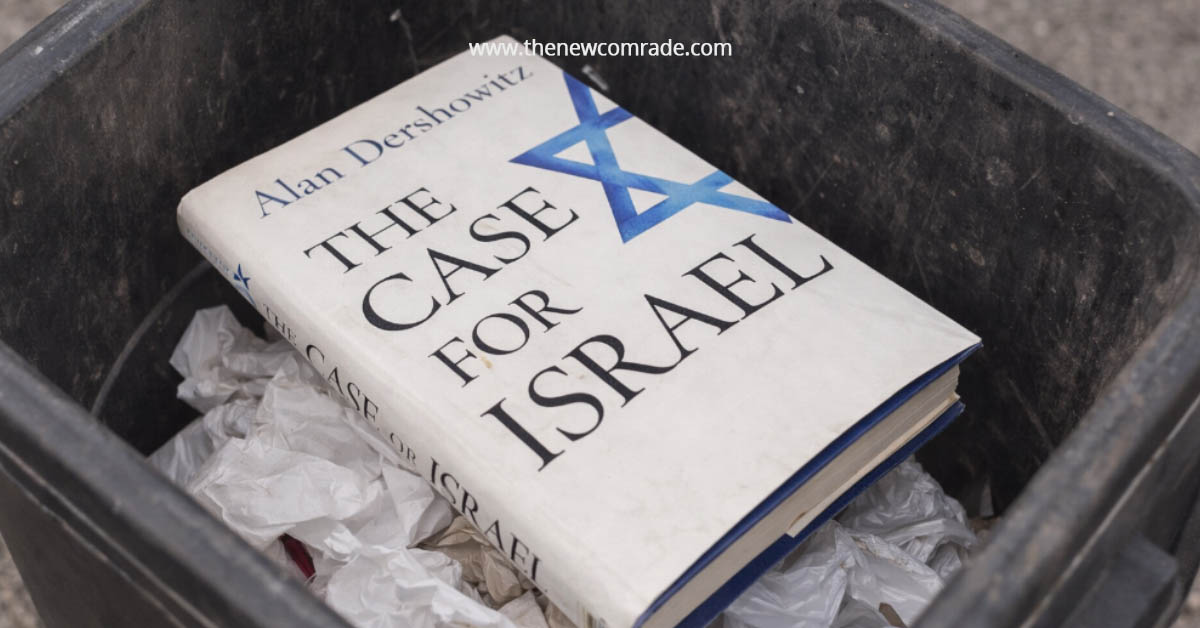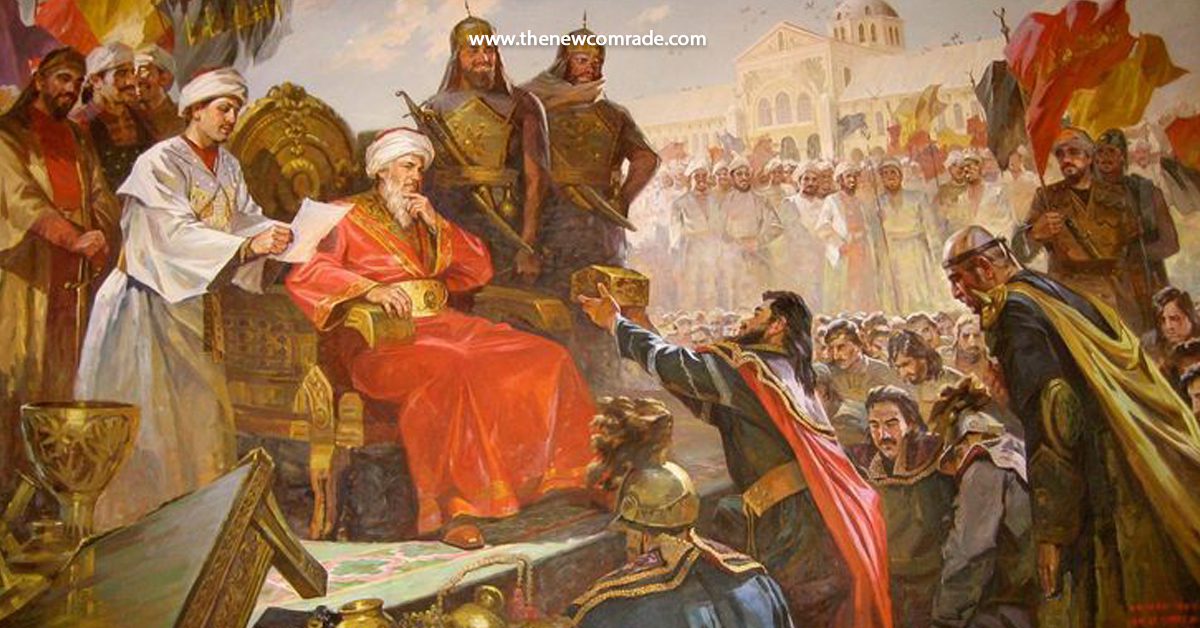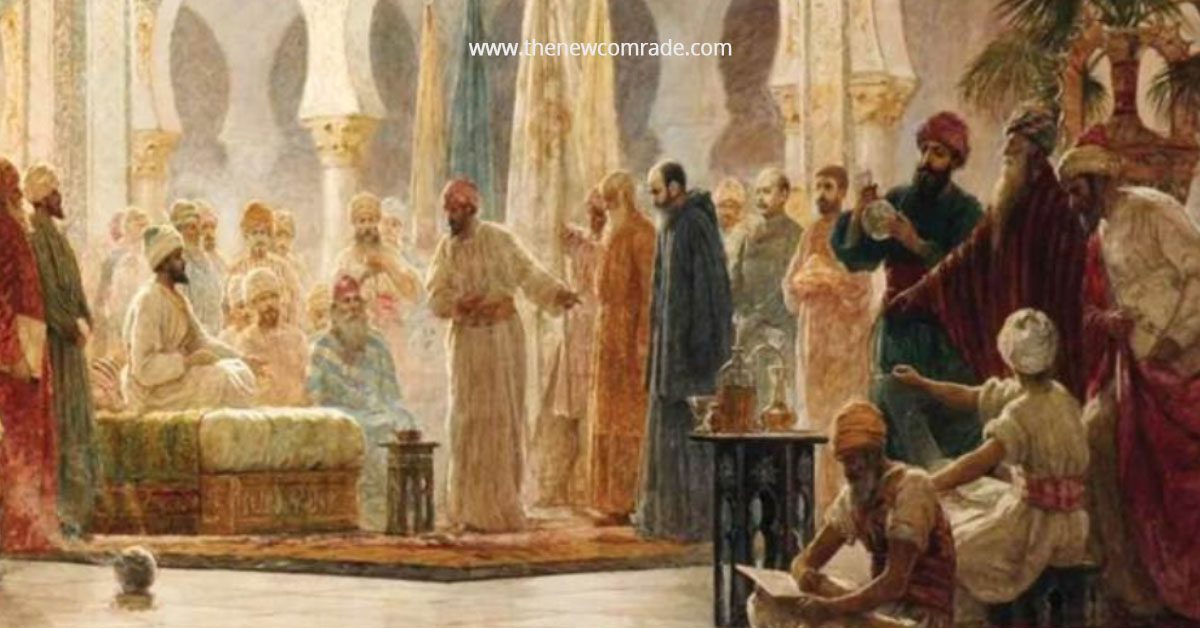Senior Congress leader and MP Shashi Tharoor demands the people of India, including Muslims to erase the memories of Gujarat Genocide while conversing with Barkha Dutt, the senior journalist, about the BBC documentary titled ‘India : Modi Question’ . The BBC documentary about Modi which released on 19 January displays the Modi’s hands behind the Gujarat genocide 2002.
Shashi Tharoor (rightly) demands reparations for British rule – which ended 75+ years ago – but everyone should simply move on from violence that killed thousands in 2002, where nearly every perpetrator is either out on bail or in power. Injustice is not a function of time. https://t.co/PUFEIwYOTQ
— Asmita Bakshi (@asmitabee) January 25, 2023
Asmita Bakshi, renowned journalist tweets, “Shashi Tharoor (rightly) demands reparations for British rule – which ended 75+ years ago- but everyone should simply move on from violence that killed thousands in 2002, where nearly every perpetrator is either out on bail or in power. Injustice is not a function of time. ”Rahul Mukherji and Siddharth, twitter influencers , shared the tweets and criticized Tharoor for the comment on the subject.
“This is an event that happened 21 years ago, which people in India, including Muslims, feel we should now put behind..”
— Siddharth (@DearthOfSid) January 25, 2023
Shameless but entirely expected from Tharoor. https://t.co/x1lyEX2pwd
Dr. Tharoor believes we've moved on from #GujaratRiots2002. That the Muslims have put it behind them. Have they? Ask Bilkis Bano. Ask Zakiya Jafri. And many more.
— Rahul Mukherji (@RahulMukherji5) January 25, 2023
It's things like these that disqualified his candidature as the President of INC. pic.twitter.com/u6mwPJTzIl
Although the Central Government had tried to diminish the documentary screening, many university students and local activists across India has started the screening of the documentary. Following Hyderabad central University, JNU has also conducted the screening of the controversial documentary. Delhi police arrested Jamia students , including SFI unit Members, Fraternity movement members and political activists like Lubaib Basheeer, national secretary of fraternity movement while they were attempting to screen the documentary on the campus.
